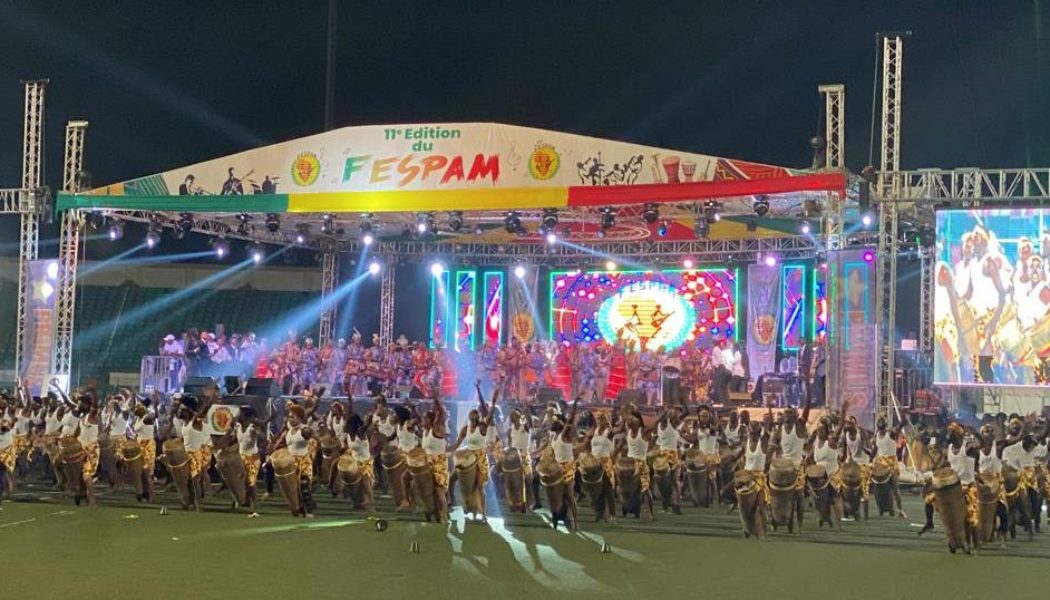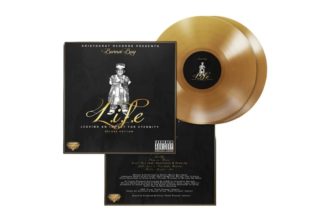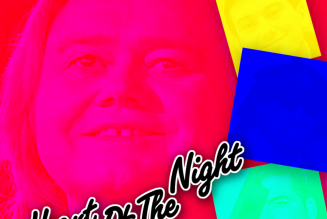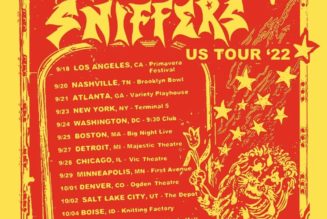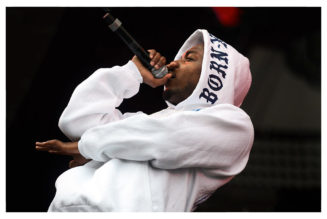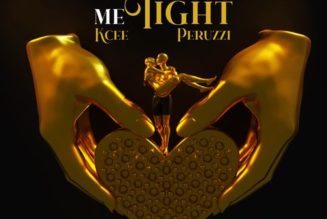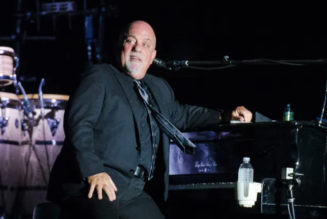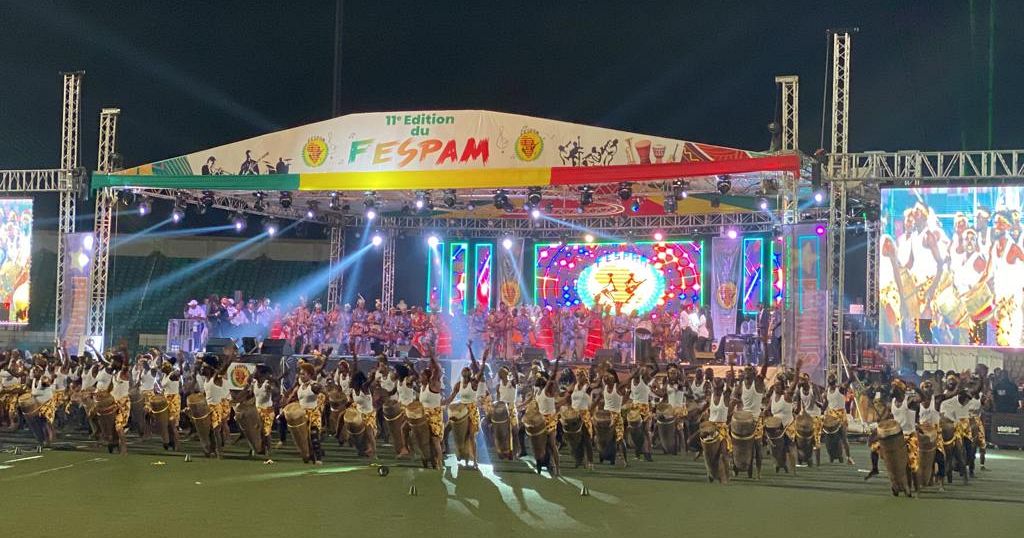
20 years ago, at the 2003 edition, the Alphonse Massamba-Débat stadium was chosen as the venue for the largest stage of the Pan-African Music Festival, which the Congo has not hosted since 2015 due to the economic crisis and the Coronavirus.
“We’re really delighted that Fespam is coming back. Because we participated in previous editions. We’re very happy that it’s coming back. We’ve created new dances and new scenes, and it’s a brand-new show,” he says.
Talented artists such as Ferré Gola from the Democratic Republic of Congo and rumba champions Roga-Roga from Congo-Brazzaville are among the performers. They are joined by Malian Sidiki Diabaté.
Music lovers can also enjoy performances by Gospel choirs, who are also delighted to be back at Fespam.
“By the way, Fespam is like a mother who has traveled so much and left her children behind. The children have complained so much. The children’s hearts hurt. When we see Fespam again, we embrace it. It’s like children who see their mother come back and embrace them,” says Louange Magnifique Makosso, Gospel guitarist.
The Palais du Parlement in Brazzaville is the venue for the symposium and exhibition of traditional musical instruments.
These include the royal drums of Ghana, the traditional violin of Togo, the musical bow of Angola and the emblematic cordophone of the tales and legends of the Congo Basin.
Senegalese cultural expert Alioune Diop fully appreciates the value of these instruments.
“It’s something fundamental. I see traditional instruments as a basis of identity, a strong, lively expression. Everything starts from the traditional aspect. Traditional instruments play the role of guiding us towards other horizons, other nations and other cultures for exchange,” he says.
Fespam shows run until July 22.
For this year’s relaunch, Fespam organizers have set up entertainment sites in working-class neighborhoods, like this one in Mayanga on the other side of the Djoué River. Rumba is certainly celebrated, but Gospel also has its place .
